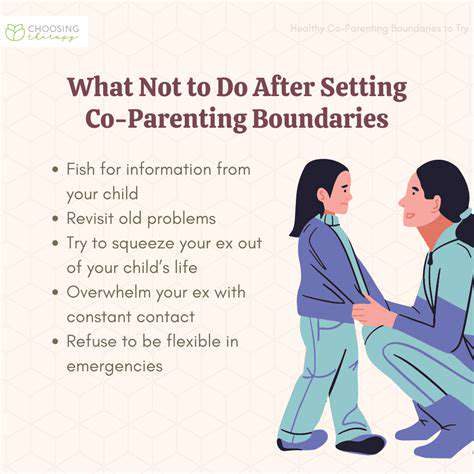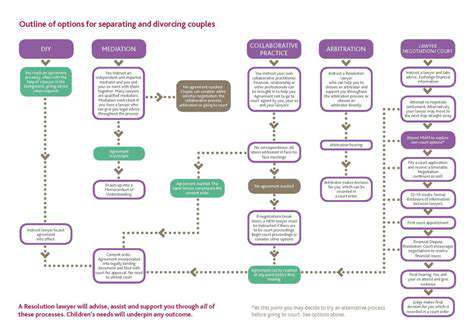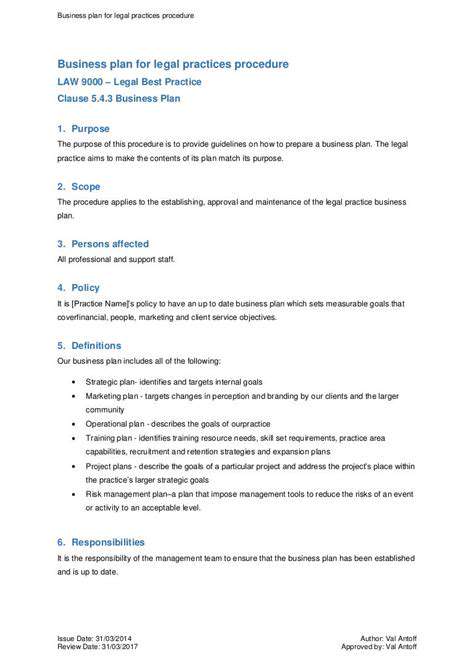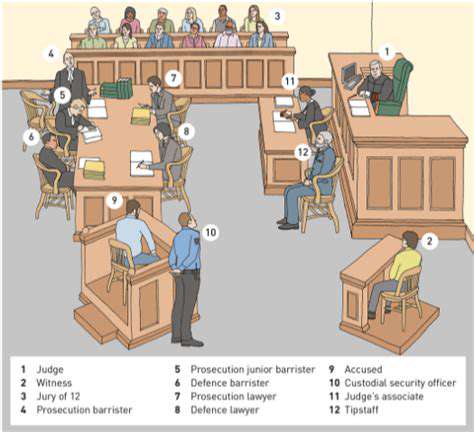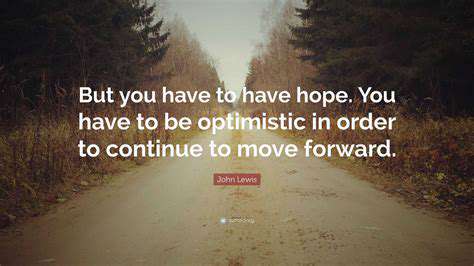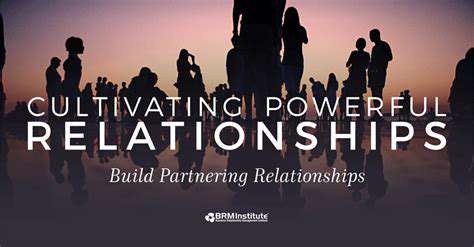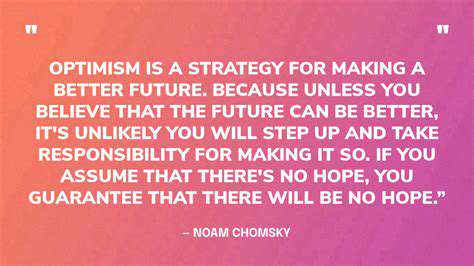How to Build a New Life After Divorce
Money matters can't be ignored. You need to know exactly what's coming in, what's going out, and what's weighing you down. Are you barely scraping by each month? Swimming in credit card debt? This clarity will prevent you from making emotional decisions that could set you back. Remember - awareness isn't about judgment, it's about empowerment.
Identifying Your Needs and Desires
Now comes the exciting part - figuring out what you truly want. What makes your heart sing? What kind of people do you want around you? What work would make you leap out of bed each morning? These aren't frivolous questions - they're the foundation of your future happiness.
Dream big here. Maybe you've always wanted to learn pottery or hike the Appalachian Trail. Perhaps you're itching to mentor young professionals in your field. These desires are your compass - write them down, sketch them out, create a vision board. When I worked with clients, we often used collage exercises to make these dreams tangible.
Don't throw the baby out with the bathwater. That boring accounting job might pay for your photography classes. Your annoying neighbor might become your most reliable babysitter. The art is in keeping what serves you while making space for what fulfills you.
Creating a Vision for Your New Normal
Here's where rubber meets the road. Instead of vague wishes (I want to be happier), get specific (I'll dedicate Tuesday evenings to my book club and Thursday mornings to the dog park). Your brain needs concrete images to work toward - picture the exact shade of your future home office walls, the smell of coffee in your dream neighborhood cafe.
Envision your ideal Tuesday. Who's there? What are you doing? How does it feel? This isn't fantasy - it's blueprinting. My most successful clients kept these visions practical yet inspiring, like planning a road trip with both must-see landmarks and room for detours.

Rebuilding Your Support System and Cultivating New Connections
Assessing Your Current Support Network
Take inventory of your people. Who truly shows up when you're struggling? The friend who listens without judgment might be more valuable than the one with all the answers. Notice who drains you versus who energizes you - sometimes the loudest cheerleaders aren't the best supporters.
We all have blind spots. Maybe you've got great workout buddies but no one to discuss career pivots with. I once coached a client who realized she had five friends to complain with about her job, but none to help her find a new one. That awareness changed her entire networking approach.
Identifying Your Needs and Desires
Get crystal clear on what support actually looks like for you. Some people need weekly coffee dates, others prefer monthly deep-dive conversations. There's no right answer - just your answer. Think about recent challenges: What kind of help would have made the biggest difference?
Chemistry matters. You might click best with creative types who brainstorm out loud, or analytical minds who methodically troubleshoot. I've found that writing down three must-have qualities (like patient listener or brutally honest) helps filter new connections.
Exploring New Avenues for Connection
Break your usual patterns. That pottery class isn't just about making bowls - it's about meeting people who value creativity and patience. Shared activities create natural bonds that forced networking never achieves. One client met her business partner while volunteering at a community garden.
Cultivating Meaningful Connections
Depth beats breadth every time. Two real friends who get you are worth twenty superficial contacts. Vulnerability is the glue - when you share your real struggles (appropriately), you give others permission to do the same. I've seen more friendships blossom from mutual admissions of imposter syndrome than any amount of small talk.
Show up consistently. Comment on your new acquaintance's blog posts. Remember their kid's soccer tournament. These small investments compound over time into real relationships.
Maintaining and Nurturing Your Support System
Relationships are living things - they need regular feeding. Schedule those check-ins before life gets busy. Pro tip: Set quarterly reminders to evaluate each key relationship. Is it still serving you both? Needs change, and that's okay.
Don't be afraid to prune. That childhood friend who constantly undermines your dreams? Maybe it's time to create some distance. Making room allows new growth. One client described this as relationship composting - letting go of what's no longer nourishing to make space for new nutrients.




